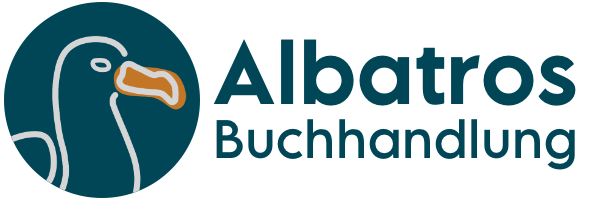Beschreibung
This book provides a comprehensive overview of the current state of knowledge concerning neuropathologies resulting from drug abuse. The first chapters offer readers detailed information on the neurobiological basics of drug abuse and the results of neuroimaging studies in drug abusers. The focus of the book is on neuropathological findings in drug abusers for the predominant substances, which include cannabis, opiates, cocaine, amphetamine, methamphetamine and a broad spectrum of designer drugs. These findings are supported by histological illustrations and discussed in connection with recent scientific publications. A chapter specifically addressing clinicians is also included, and highlights the implications for further therapy. The book is essential reading for neuropathologists, neurologists, neuroradiologists and psychiatrists, as well as other health professionals and scientists interested and engaged in the problem of drug abuse.
Although a great deal of datahas been derived from animal models and from human neuroimaging studies, little is known about the morphological effects of drug abuse on the human brain. In recent years, fundamental drug-induced effects on the cellular elements of the brain have been detected. These alterations might not only be the substrate of the neuroimaging data but might also have implications for clinical research and therapy. In addition, drug abuse may induce premature neurodegeneration.
Autorenportrait
Professor Dr. Andreas Büttner studied at the Medical School, Ludwig-Maximillians-University, Munich, Germany and received his medical degree in 1994. From 1994-2009, Professor Büttner worked at the neurosurgical clinic, the Institute of Neuropathology and the Institute of Legal Medicine at the Ludwigs-Maximillians-University, Munich, Germany. He qualified as a professor in 2004. Since 2009, he is director and chair of the Institute of Forensic Medicine, Rostock, Germany. Since 2010 he is Chairman of the Ethical Commission at the Rostock University Medical Center, Germany. Since 2013 he is member of the expert advisory board of the Federal Institute for Drugs and Medical Devices at the German Federal Ministry of Health.
Professor Büttner is an international expert in the field of forensic neuropathology. His research focus lies on forensic neuropathology and genetic-neurobiologic aspects of illegal drug abuse and he has published more than 160 scientific publications in this field. He gave more than 130 oral presentations nationally and internationally and is a member of the International Society of Neuropathology and the German Society of Legal Medicine and German Society of Neuropathology and Neuroanatomy.
Inhalt
Chapter 1. Introduction.- Chapter 2. Neurobiological Basics of Drug Abuse.- Chapter 3. Neuroimaging Studies in Drug Abusers.- Chapter 4. Basic Substance Characteristics and Neuropathological Findings in Drug Abusers.- Chapter 5. Neuropathological Findings in Drug Abusers.- Chapter 6. Neurotoxicity and Neurodegeneration of Drug Abuse.- Chapter 7. Summary and Implications for Research.
Informationen zu E-Books
„E-Book“ steht für digitales Buch. Um diese Art von Büchern lesen zu können wird entweder eine spezielle Software für Computer, Tablets und Smartphones oder ein E-Book Reader benötigt. Da viele verschiedene Formate (Dateien) für E-Books existieren, gilt es dabei, einiges zu beachten.
Von uns werden digitale Bücher in drei Formaten ausgeliefert. Die Formate sind EPUB mit DRM (Digital Rights Management), EPUB ohne DRM und PDF. Bei den Formaten PDF und EPUB ohne DRM müssen Sie lediglich prüfen, ob Ihr E-Book Reader kompatibel ist. Wenn ein Format mit DRM genutzt wird, besteht zusätzlich die Notwendigkeit, dass Sie einen kostenlosen Adobe® Digital Editions Account besitzen. Wenn Sie ein E-Book, das Adobe® Digital Editions benötigt herunterladen, erhalten Sie eine ASCM-Datei, die zu Digital Editions hinzugefügt und mit Ihrem Account verknüpft werden muss. Einige E-Book Reader (zum Beispiel PocketBook Touch) unterstützen auch das direkte Eingeben der Login-Daten des Adobe Accounts – somit können diese ASCM-Dateien direkt auf das betreffende Gerät kopiert werden.
Da E-Books nur für eine begrenzte Zeit – in der Regel 6 Monate – herunterladbar sind, sollten Sie stets eine Sicherheitskopie auf einem Dauerspeicher (Festplatte, USB-Stick oder CD) vorsehen. Auch ist die Menge der Downloads auf maximal 5 begrenzt.

